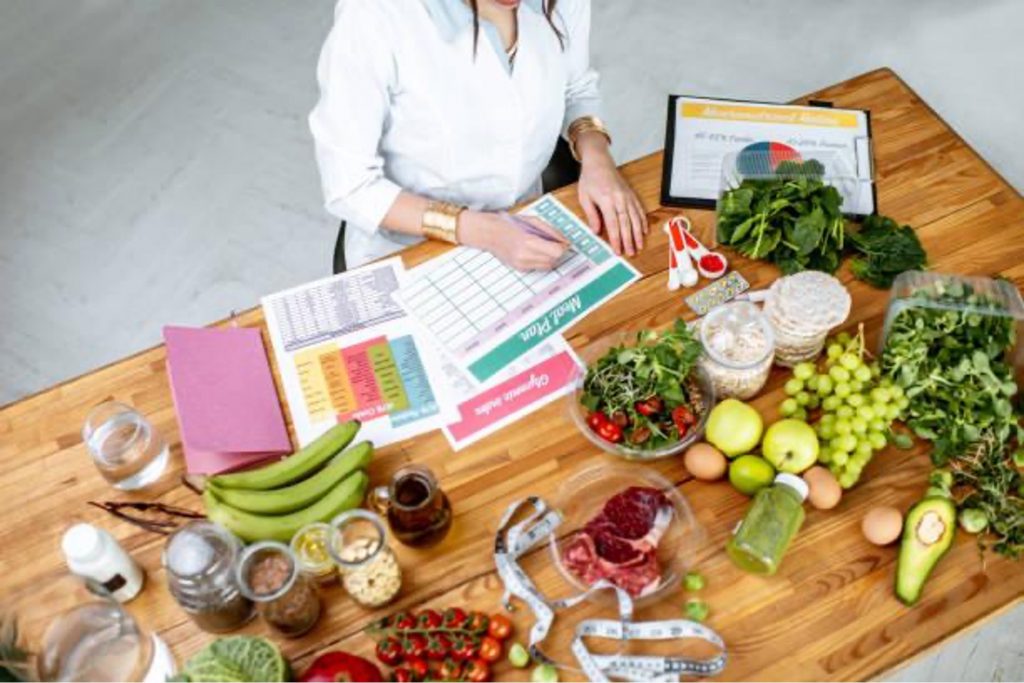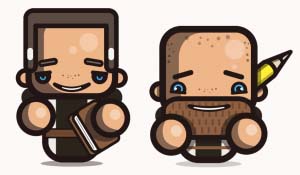FREE Shipping on Orders over $89 with Account – Create One Today!
- (844)-859-9400
- Get Help

If you cannot pass stools due to different conditions, such as Crohn’s disease, cancer, or ulcerative colitis, your doctor may suggest a colostomy.
A colostomy involves bringing one end of your large intestine through a stoma. The stoma is the opening in the wall of your stomach. After that, a pouch (often called an ostomy bag) may be attached to the side of your body, which will collect and dispose of the fecal matter directly from your digestive tract.
After this surgical procedure, you must go on a colostomy diet. It’s a short-term diet you must follow days and weeks after your colostomy. Following a colostomy diet menu will ensure a proper and healthy diet for your body. It is important to note that the colostomy diet will vary depending on your condition and type of surgery.
A colostomy diet is a diet after a colostomy surgery. It’s what you must strictly follow days and weeks after your surgery. But immediately after your surgery, you will follow a clear liquid diet for several days. It typically consists of water, broth, and plain gelatin.
After the clear liquid diet, you will slowly transition to a high protein and low residue diet, which is required several weeks after the procedure while you recover. The low-residue diet helps in leaving minimal material in your gut after nutrient absorption. This diet consists of bland and easy-to-digest food to prevent gastrointestinal symptoms.
You’ll expect these when you’re on a diet with a colostomy bag. It’s imperative to follow them diligently to ensure your quick recovery. After that, you can resume your typical diet by slowly introducing foods under your doctor’s or dietician’s supervision.
For the first few weeks after your colostomy, your healthcare provider will advise you to eat food that’s low in fiber, and they should be easy to digest. During this diet for colostomy bags, you will likely eat refined grains, such as bread and white rice, as well as low-fiber fruits.
You will also want to eat protein-rich foods to support healing. Some examples are lean meat, eggs, low-fat dairy, and nut butter. These are also foods recommended during a colostomy reversal diet. However, it’s best to refer to your doctor or nutritionist, even for diet after colostomy reversal.
Here are foods to include during a colostomy diet:
It’s worth noting that some foods, such as dairy products, may cause digestive issues, especially for those who have lactose intolerance. So it’s best to be wary once you experience digestive symptoms.
After your colostomy, you must limit some food that can affect your digestion. These will vary depending on your health condition, so it’s best to consult your doctor or dietician first. But in general, these are the types of food that are difficult to digest and will cause issues such as constipation and diarrhea.
Some of the fats you will have to limit are foods high in fiber and fat, spicy foods, and carbonated beverages. Therefore, no more soda and sparkling water.
You have to refer to the diet your healthcare provider prescribed. But in general, these foods are considered off-limits during a colostomy diet.
Some foods to limit during a colostomy diet include the following:
Closely following a colostomy diet can improve the way your body absorbs nutrients. It also helps to maintain a healthy weight and reduce your risk of developing gastrointestinal issues, such as bloating, gas, constipation, and diarrhea.
Many people who follow a colostomy diet have a better relationship with food. As a result, they have more freedom to eat the foods they love after recovery. It’s best to follow this kind of diet as prescribed. It will help ensure your recovery and long-term health.
If you need assistance starting a healthy colostomy diet, consult your doctor or dietician. They can provide medical advice and nutritional guidance to reach your desired outcome after surgery.
It’s important to realize that this diet isn’t something you must do forever. As long as you follow the advice of your healthcare provider, it’s possible to reintroduce the food you want to eat slowly.
Following a colostomy diet will heal your body right after a colostomy. So you should follow it as advised by your healthcare provider. Furthermore, it prevents any side effects from happening since you will want to introduce different kinds of food into your daily routine slowly.
Whether your colostomy can be reversed, taking things slowly as you go is essential. With these surgeries, you will want to be more aware of what you eat and how much your body can handle. Be mindful of what your healthcare provider has recommended and follow their advice for a healthy diet after a colostomy.
At Medical Monks, you will find ostomy products you can use after your colostomy. Check out which products fit your lifestyle as you start your colostomy diet.
